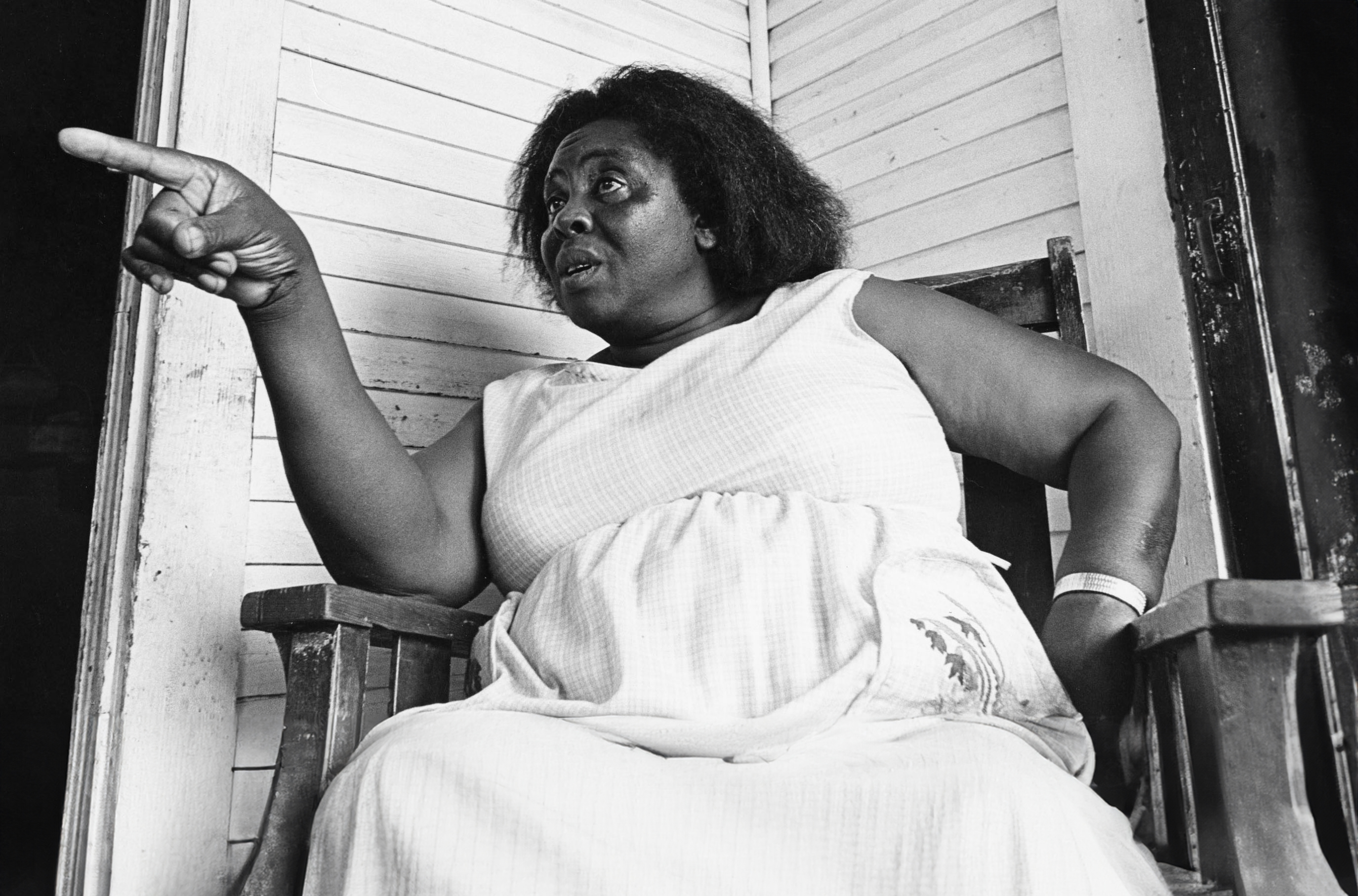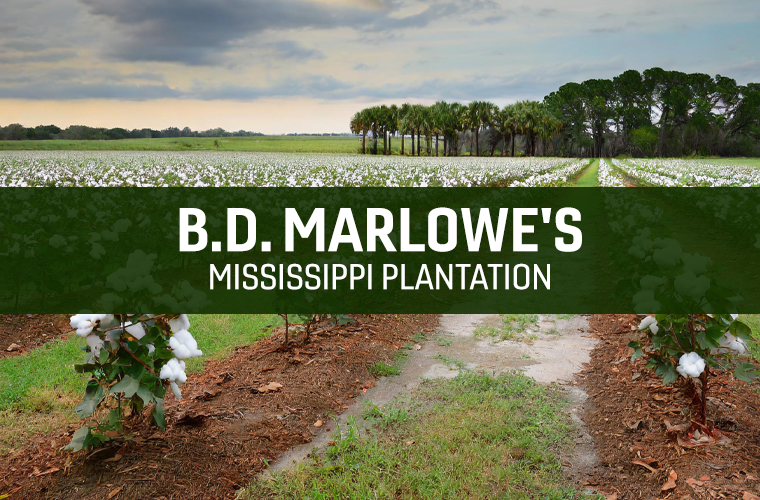Situated in the heart of the Mississippi Delta, the plantation owned by B.D. Marlowe holds a significant place in the history of the region. This article aims to provide a comprehensive overview of the plantation and its impact, particularly focusing on the experiences of Fannie Lou Hamer during her time working there.
The B.D. Marlowe plantation, like many others in the Mississippi Delta, has a complex and storied history. Originally established in the late 19th century, the plantation was primarily dedicated to cotton cultivation, taking advantage of the fertile soil and favorable climate of the region. Over the years, it grew to become a significant economic and social force in the area, shaping the lives of both the landowners and the laborers who worked there.
As with many plantations of its time, the B.D. Marlowe’s plantation relied heavily on the labor of African American workers, many of whom were descendants of enslaved individuals. The system of sharecropping and tenant farming dominated the agricultural landscape, creating a cycle of debt and dependency that kept many workers tied to the land without the prospect of economic advancement.
Fannie Lou Hamer’s Experience
Fannie Lou Hamer, a prominent figure in the Civil Rights Movement, spent a significant portion of her life working on the B.D. Marlowe plantation. Born into a family of sharecroppers, she began working in the fields at a young age, experiencing firsthand the hardships and injustices that were prevalent in the agricultural labor system. Her experiences on the plantation would later fuel her activism and drive her commitment to fighting for racial equality and social justice.

Impact on the Civil Rights Movement
The experiences of individuals like Fannie Lou Hamer shed light on the harsh realities of life on plantations such as B.D. Marlowe’s. As she became involved in civil rights activism, Hamer drew attention to the systemic inequalities and injustices that were deeply entrenched in the fabric of Southern society. Her powerful testimony about her experiences on the plantation, including accounts of brutal treatment and deplorable living conditions, played a crucial role in raising awareness about the need for change.
Today, the B.D. Marlowe’s plantation stands as a reminder of the complex legacy of the antebellum South and its enduring impact on American society. The struggles and triumphs of individuals like Fannie Lou Hamer continue to inspire conversations about race, labor, and social justice. By examining the history of this plantation and the experiences of those who lived and worked there, we gain valuable insights into the ongoing challenges of inequality and the resilience of those who have fought for a more just and equitable society.
In conclusion, the B.D. Marlowe’s plantation holds a significant place in the history of Mississippi and the broader narrative of American agriculture and race relations. Its impact on individuals like Fannie Lou Hamer serves as a poignant reminder of the enduring legacy of plantation life and its role in shaping the trajectory of social change.

